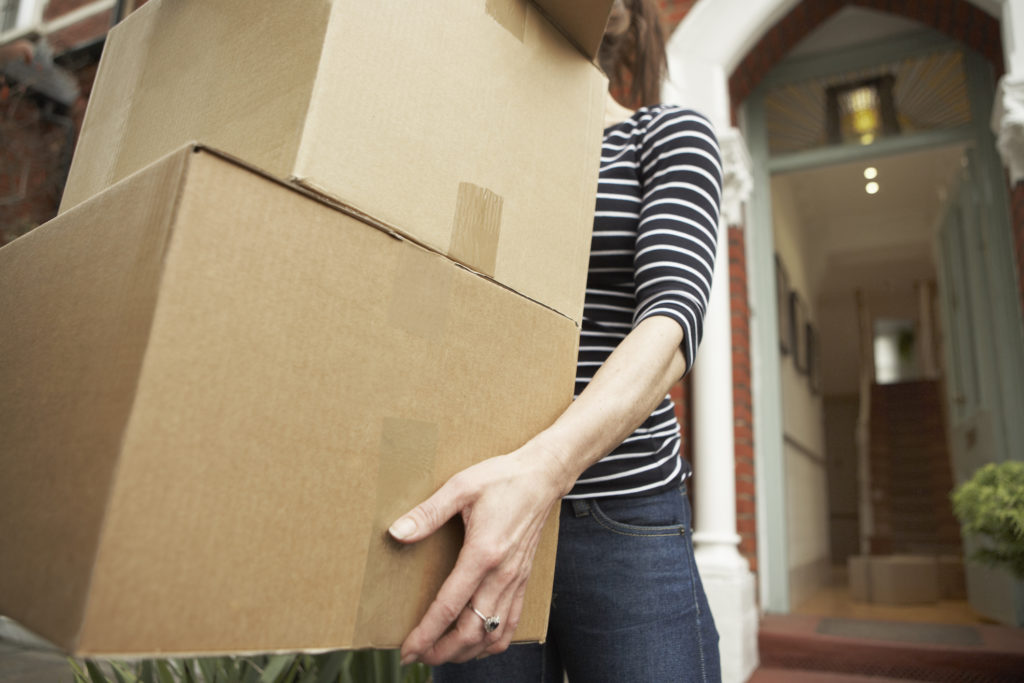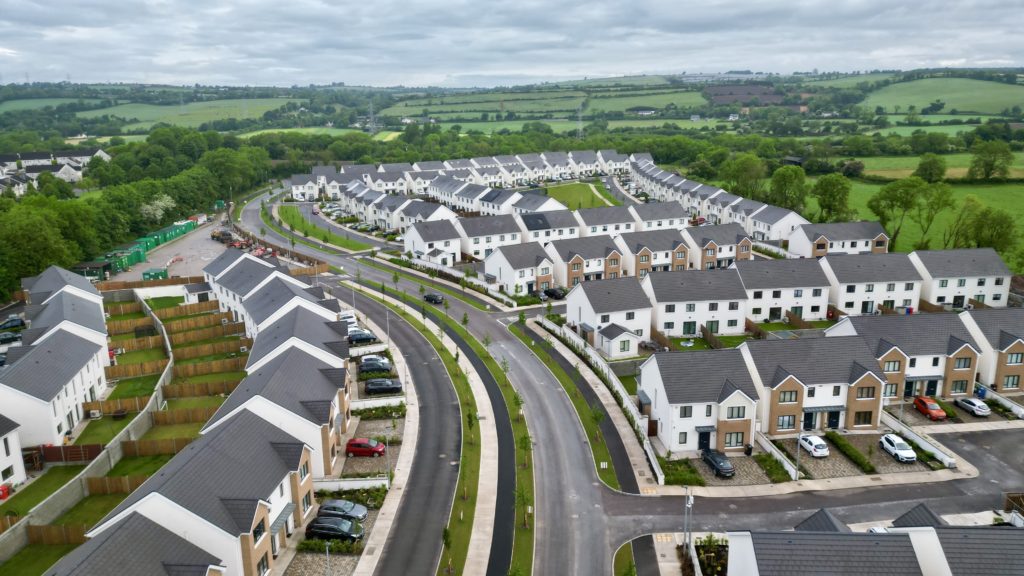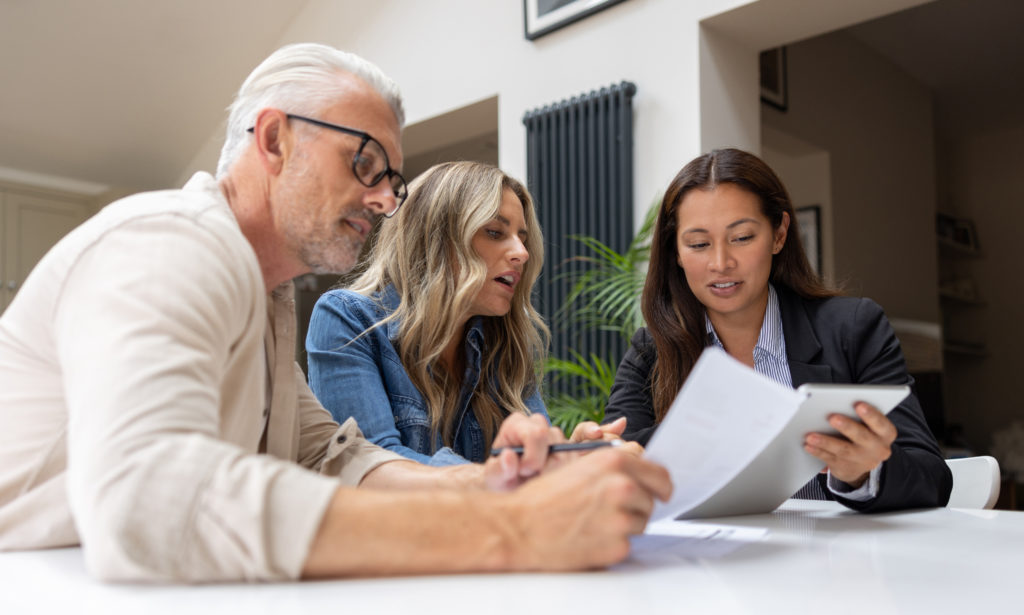Buying a house is most likely the largest amount of money you’ll ever spend, so it’s important that you prepare well and do your research. With the right planning and information, the process can be more manageable and less stressful. In this article, we offer a step-by-step guide for first-time home buyers in Ireland.
Step 1: Save for a Deposit
The first step in buying a house is to save for the deposit. This is typically 10% of the purchase price for first-time buyers, as per the Central Bank's rules. It's essential to start saving early and regularly. It might be helpful to set up a standing order to transfer money into a savings account each month before you have the chance to spend it. Something that can sometimes be overlooked is saving lump sums; if you get a bonus from work or a tax return, why not add that into your mortgage deposit fund? Of course location will affect how much deposit you need to save, as buying a house in Dublin is going to be more expensive than somewhere less popular.
Step 2: Applying for a Mortgage
Before you begin house hunting in earnest, it's a good idea to secure mortgage approval in principle. This gives you an idea of how much a bank is willing to lend you, and it shows sellers that you're a serious buyer. Speak to several banks and brokers to find the best mortgage rate and terms. Be warned, there can be plenty of paperwork involved, but it’ll be worth it once you have the keys to your very own house in your hand!
Step 3: Do Your Research
Once you have a grasp on your budget, the research phase begins, which can be exciting and frustrating at the same time! A good place to start is with property listing websites like MyHome. You can explore properties based on your preferred locations, budget, and property types. Use the filters to narrow down your options and create a shortlist of potential homes.
Step 4: Deciding on Location and Budget
Deciding on a location is crucial. You’ll probably already know where you want to live, but have you considered factors such as proximity to workplaces, schools, and amenities like shops and parks? It’s also worth thinking about the neighbourhood's safety and reputation, public transport links, and potential for growth.
Deciding on a budget is equally important. The bank will already have told you what they are prepared to offer you, but that doesn’t mean you have to take the biggest mortgage you can get. Be realistic about what you can afford in terms of monthly repayments and don’t stretch yourself too thin. Remember to factor in additional costs that come with buying a house, such as stamp duty, legal fees, and moving costs.
Step 5: Deciding on House or Apartment and Size
The type and size of property you go for will depend on your individual needs and future plans. For example, a single professional might be content with a one-bedroom apartment, while a growing family might need a three-bedroom house with a garden. Consider factors such as the number of bedrooms and bathrooms, the size of the kitchen, outdoor space, and storage. Of course budget will also have a part to play in what sort of bang you can get for your buck.
Step 6: Engaging a Solicitor
A solicitor will guide you through the legal aspects of the home buying process. They will draft contracts, check the property title, and ensure all legal requirements are met. A good solicitor is worth their weight in gold, so seek recommendations from friends or family or research online to find a reputable one.
Step 7: Bidding
When you've found the house you want, it's time to make an offer. Be realistic with your offer but don't feel pressured to offer the asking price if you believe the property is overpriced. Remember, it's not uncommon for the first offer to be rejected. Stay patient and keep your budget in mind.
Step 8: Sale Agreed to Getting the Keys
Once your offer is accepted, the property is marked as 'sale agreed.' Your solicitor will then liaise with the seller's solicitor to ensure the property title is clean and the sale can proceed. You'll also need to arrange a valuation and home survey. This is also the time to finalise your mortgage.
Once everything is in place, contracts are signed and exchanged, and the balance of the purchase price is paid. Then, the property deed is transferred to your name. The final step is receiving the keys to your new home!
How Much Deposit is Needed to Buy a House?
There are certain limits that have been put in place by the Central Bank in order to avoid people borrowing too much and getting into financial difficulties. These limits are called Loan-to-Value limits (LTV) and govern what you can borrow. There are different LTV limits depending on your particular circumstances.
If you are buying the property for your primary residence, a 90% LTV limit applies on the full value of the property, meaning you’ll need a 10% deposit for the house or property.
If you’re buying a property that you intend to rent, an LTV limit of 70% exists, so you’ll need a 30% deposit.
If you’re a first time buyer, you may be able to avail of the First Time Buyers grant (Help to Buy Scheme). Great! But how much is the First Time Buyers Grant? Well, if you sign a contract for a house before December 31 2024, you can claim relief on the lesser of:
- €30,000
- 10% of the purchase price of a new build property
- 10% of the approved valuation of a self-build property
- The amount of income tax and DIRT you paid for the previous 4 years.
More information can be found on the Citizens Information website.
How Much Are Solicitors Fees When Buying a House?
As we briefly mentioned above, getting a good solicitor will save you a lot of time and hassle throughout the house buying process. In saying that, there’s no real fixed cost for solicitor fees when buying a house, and paying more doesn’t necessarily mean that you’ll get a better service.
However, here’s a rough breakdown of fees you can expect to pay -
- Stamp duty - While not a fee for your solicitor, they may include it in their price. Stamp duty is calculated at 1% of the selling price of a property up to €1 million, and 2% on the balance above. So, if you buy a home for €350k, you’ll pay €3,500.
- Legal fees - This is where you’ll find that costs vary quite a bit. Some solicitors charge a flat rate for conveyancing, while others charge a percentage of the house price, usually 1% or 2%. You should expect to pay around €1,500 to €3,000 excluding VAT.
Need More Information On How to Buy a House for the First Time?
Why not take a look at our other posts around the topic such as how to make an offer on a property, house buying jargon busting and why you need a solicitor to buy a house.









